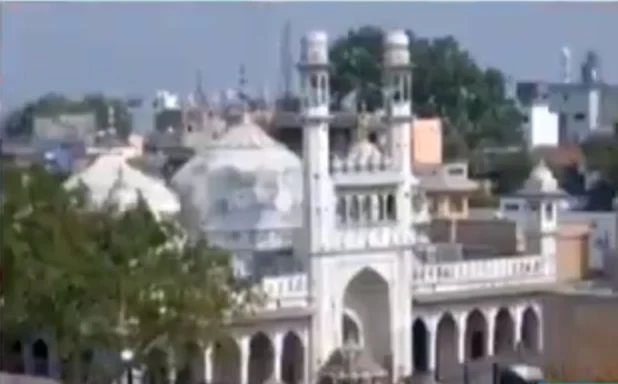The Anjuman Intezamia Masjid Committee appealed the Varanasi district court's decision to permit puja (prayer) in the Gyanvapi mosque's southern cellar. On Monday, the Allahabad High Court denied the case. The committee is in charge of the mosque's operations.
The district court approved puja (prayer) in the Gyanvapi mosque complex's southern cellar on January 31. The following evening, a priest said prayers and unlocked the cellar in the south. The head priest of Acharya Ved Vyas Peeth temple, Shailendra Kumar Pathak, filed the puja petition. He stated that his grandpa, Somnath Vyas, who was also a priest, used to offer prayers in the complex till December 1993.
The mosque committee filed a challenge against the district court judgment in the Supreme Court, requesting that the committee file an appeal with the Allahabad High Court. The committee maintained that the Vyas Tehkhana (cellar) belonged to them as part of the mosque's property and that neither the Vyas family nor anybody else had the authority to worship inside of it.
"On Monday, the Allahabad High Court dismissed the petition of the committee challenging the Varanasi district court order to allow puja in the southern cellar of the mosque," stated advocate Hari Shankar Jain, who represented the Hindu plaintiff. The high court had earlier on February 16 reserved its decision in this case.
In a case brought by Pathak, the district court had on January 17 designated the Varanasi district magistrate as the receiver of the mosque's southern cellar. The plaintiffs received on January 25 the Archaeological Survey of India's (ASI) report on the scientific investigation of the mosque complex, which came to the conclusion that a Hindu temple had previously stood at the location before the current structure was built.






0 Comments